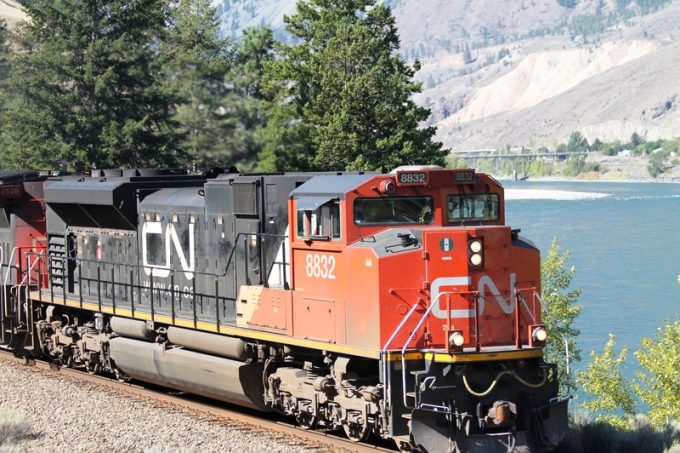Volume surge and an early peak season? 'Don't celebrate too soon,' warning
While this week’s announcement of a new 90-day window/reprieve on US-China reciprocal tariffs had carriers ...

Canadian shippers are getting nervous about the strike at CN, the larger of the nation’s two Class I rail carriers.
Grain shippers, farmers and interest groups from the mining and oil & gas sectors have expressed alarm about the industrial action, which began early on Tuesday.
Warning ...
Keep our news independent, by supporting The Loadstar
Red Sea crisis has driven most new capacity into extended Asia-Europe trades
Explosions and 'out-of-control' fire reported on Wan Hai box ship
Carrier price hikes hold, driving spot rates higher as space gets scarcer
Crew forced to abandon ship in latest fire on vessel carrying EVs
The Loadstar Podcast | Transport Logistic and Air Cargo Europe 2025
Asia-West Africa ULCV deployment opens new markets for carriers
Turkish Airlines falls foul of air safety regulations, claims India's aviation authority

Comment on this article